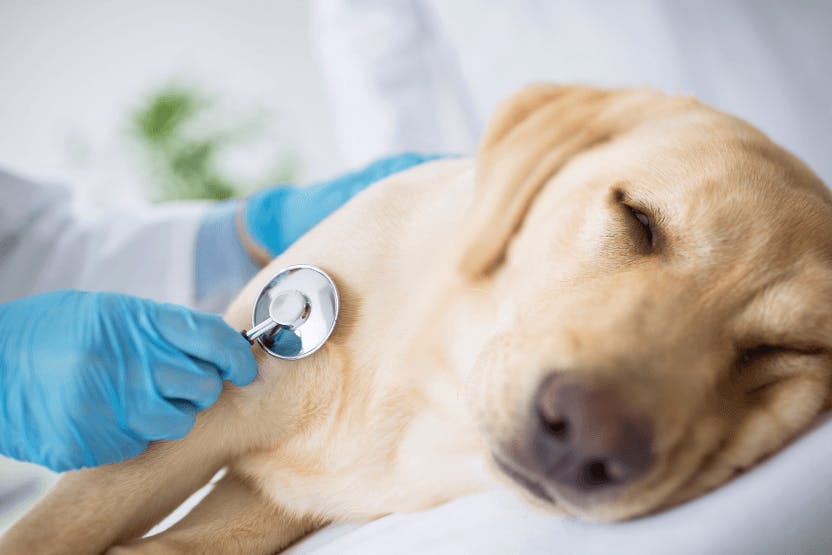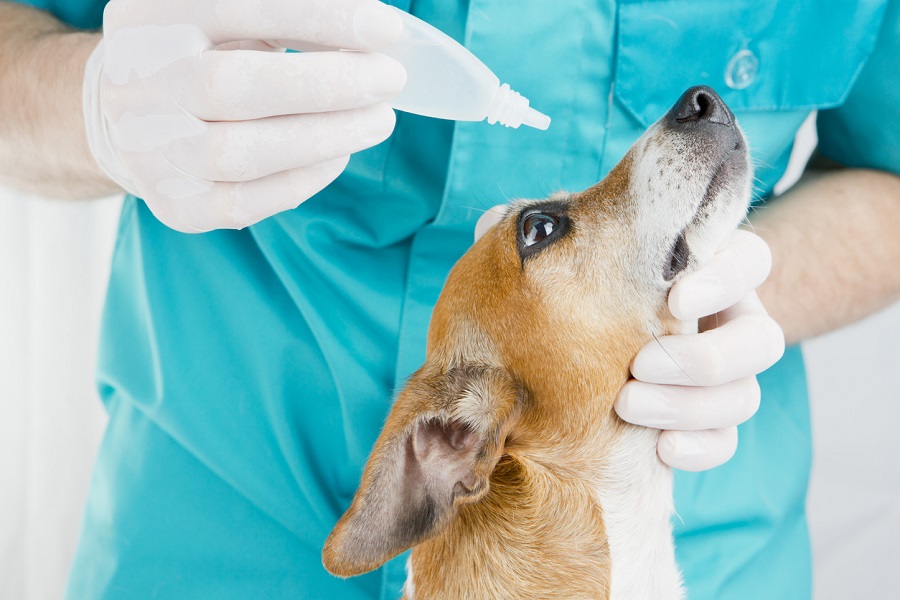Pets, like humans, are vulnerable to a range of health risks that can affect their well-being. Being proactive in identifying symptoms and seeking prompt treatment can help keep your furry friends healthy. Here are some common health risks for pets and what you can do to mitigate them:
1. Obesity:
Obesity is a major health risk for pets, particularly dogs and cats. It can lead to heart disease, diabetes, arthritis, and a decreased lifespan. Pets that are overweight may have a harder time exercising and are prone to other health issues. To combat obesity, it’s important to provide a balanced diet, limit treats, and ensure regular exercise. Interactive playtime and daily walks help burn calories and keep pets in a healthy weight range.
2. Fleas and Ticks:
Fleas and ticks are common pests that can cause discomfort and serious health problems for pets. Flea infestations can lead to skin infections, allergies, and even tapeworms. Ticks can transmit diseases like Lyme disease. Preventive treatments, such as topical flea and tick medications, collars, or oral treatments, are essential. Regular grooming and checking for ticks after outdoor walks can help catch infestations early.
3. Dental Issues:
Dental problems are common among pets, with tartar buildup, gum disease, and tooth loss affecting many animals. Left untreated, dental issues can lead to pain, difficulty eating, and even organ damage due to bacteria entering the bloodstream. To prevent dental problems, provide your pet with dental chews, use pet-safe toothbrushes and toothpaste, and schedule regular dental checkups with your vet.

4. Poisoning:
Pets, especially curious ones, are often at risk of ingesting toxic substances. Common household items such as chocolate, certain plants, cleaning products, and human medications can poison pets if ingested. If you suspect your pet has ingested something toxic, contact your vet or an emergency animal poison hotline immediately. Keep harmful substances out of your pet’s reach and be mindful of what you leave unattended.
5. Heatstroke:
Heatstroke is a dangerous condition that can occur when pets are exposed to high temperatures for too long. Dogs, especially brachycephalic breeds like Bulldogs or Pugs, are more susceptible. Symptoms include excessive panting, drooling, vomiting, and lethargy. To prevent heatstroke, ensure pets have access to cool, shaded areas, and never leave them in a parked car. On hot days, limit outdoor activities, and always have fresh water available.
6. Arthritis:
Arthritis is common in older pets and can cause pain, stiffness, and reduced mobility. Signs of arthritis in pets include limping, difficulty getting up, and a reluctance to exercise. Regular vet checkups can help catch arthritis early, and anti-inflammatory medications or joint supplements can alleviate discomfort. Gentle exercise, like short walks, can also help maintain joint health.
By staying informed and vigilant, you can help your pet avoid these common health risks. Regular vet visits, preventive care, and a healthy lifestyle will go a long way in ensuring your pet enjoys a long, happy, and healthy life.

